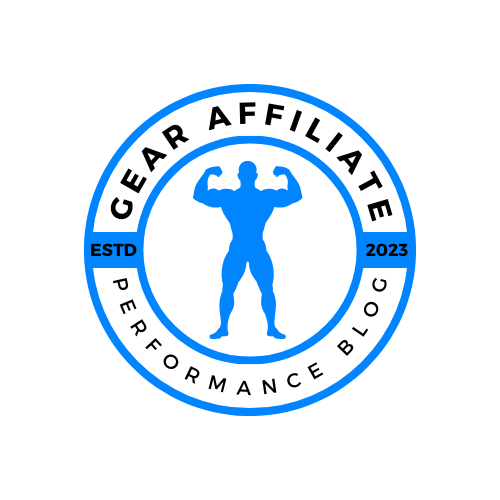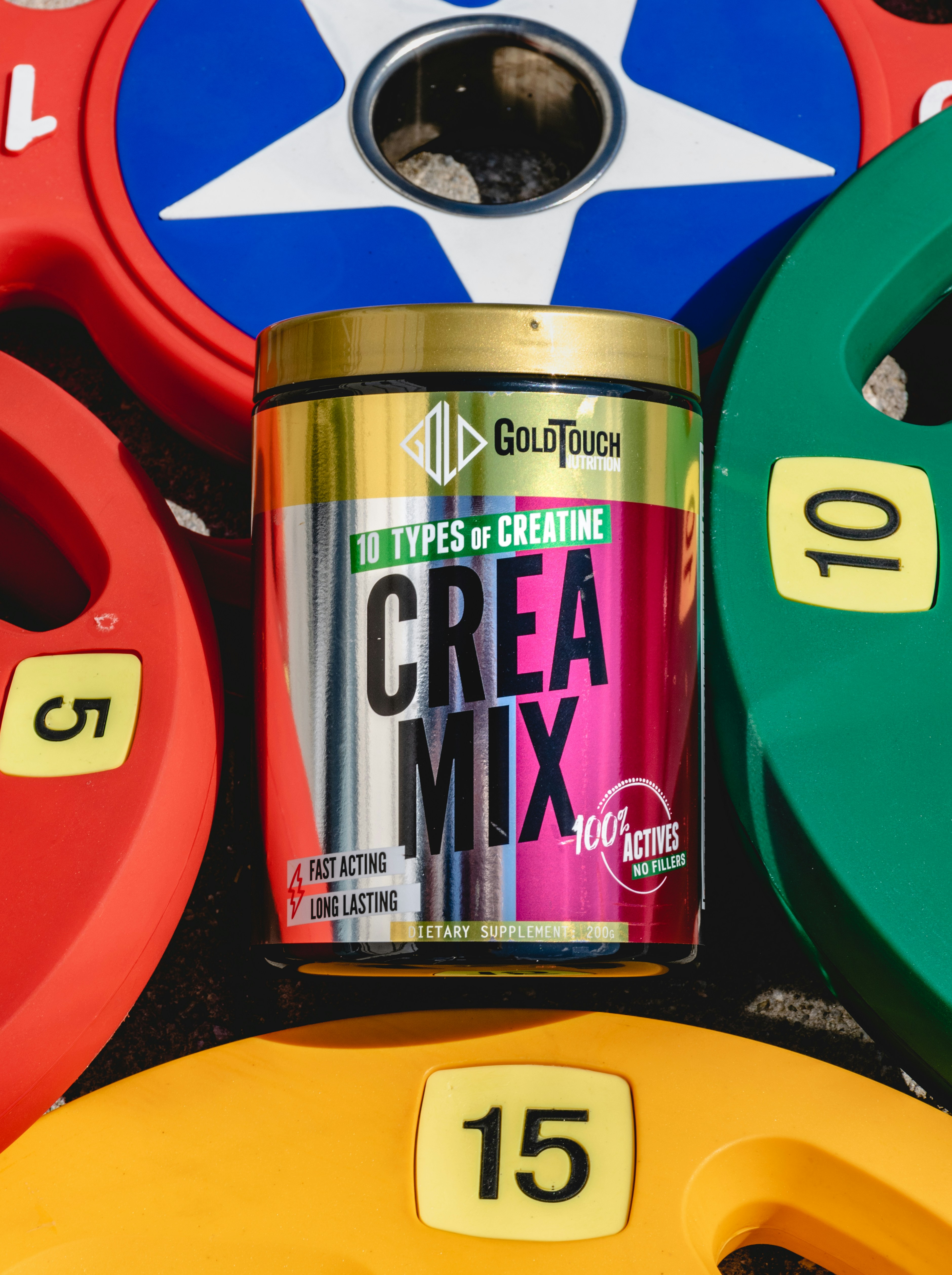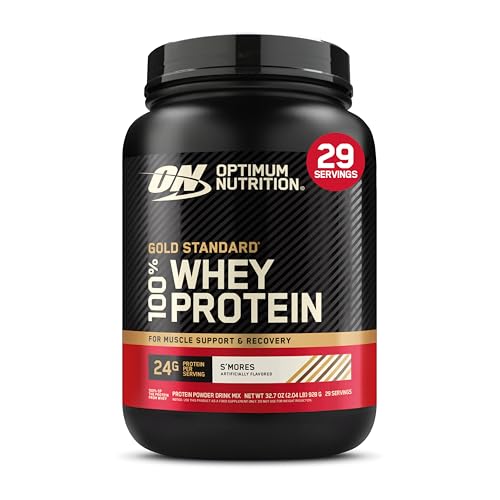The Best Types of Protein Powders for Every Budget and Goal:
A Simple Review of Whey, Plant-Based, and Casein Proteins
Understanding The Best Protein Powders: Types and Benefits
In the realm of nutrition and fitness, protein powders have gained significant attention as a convenient supplement for those looking to enhance their diet. This comprehensive overview highlights the three primary types of protein powders available—whey protein, plant-based protein, and casein protein—each serving distinct nutritional needs and fitness goals.
Whey protein, derived from milk as a byproduct of cheese production, is acknowledged for its high biological value and rapid absorption. Its rich amino acid profile, especially branched-chain amino acids (BCAAs), makes it particularly effective for muscle building and recovery. Consuming whey protein post-workout can significantly facilitate muscle repair, making it a popular choice among athletes and fitness enthusiasts. Moreover, it contains immunoglobulins and lactoferrin, which contribute to overall health.
On the other hand, plant-based protein powders, which are sourced from various plants such as peas, rice, hemp, and soy, are ideal for those with dietary restrictions, including vegans and vegetarians. These powders often contain a blend of proteins to ensure a complete amino acid profile. The benefits of plant-based protein extend beyond muscle building; they also support weight loss and gut health due to their fiber content and lower calorie density. Furthermore, they are free from lactose, making them suitable for individuals with lactose intolerance.
Lastly, casein protein, another dairy-derived option, is known for its slow digestion rate. This quality makes it an excellent choice for overnight muscle recovery, providing a steady release of amino acids during sleep. Athletes may benefit from casein as part of their pre-bedtime routine, as it supports sustained protein synthesis and helps prevent muscle breakdown.
Understanding these different types of protein powders is crucial for selecting the one that aligns best with individual dietary preferences and fitness goals. Whether focusing on muscle growth, weight loss, or enhanced recovery, each protein type offers unique benefits that cater to diverse needs.
Whey Protein: An Overview and Recommendations
Whey protein, derived from milk during the cheese-making process, has gained immense popularity among athletes and fitness enthusiasts due to its remarkable benefits. One of its primary advantages is its fast absorption rate, making it an ideal post-workout supplement. This quick digestion facilitates muscle recovery and growth, ensuring that individuals can maximize their performance and results from training.
When considering whey protein options, it’s essential to understand the different types available—whey protein concentrate, isolate, and hydrolysate. Whey protein concentrate typically contains about 70-80% protein, with the remainder being fats and carbohydrates, making it a budget-friendly option. In contrast, whey protein isolate boasts over 90% protein content and minimal fats and carbs, making it suitable for those focused primarily on protein intake. Hydrolysate, the most processed form of whey, offers rapid absorption, but may come with a higher price tag.
Different brands offer varied flavors and pricing structures; for instance, Optimum Nutrition Gold Standard Whey is well-regarded for its wide range of flavors and quality, though on the pricier side. Alternatively, Dymatize Nutrition Elite Whey offers high protein content at a competitive price, making it a favorable option among budget-conscious consumers. Additionally, Body Fortress Whey Protein is an economical choice that does not compromise on quality, though it may have fewer flavor options compared to premium brands.
Our Choices (Ranked By Preference & Reviews):
#1 Whey Protien powder
Optimum Nutrition Gold Standard 100% Whey Protein Powder support and recovery
# 2 Whey Protein Powder
Dymatize Elite 100% Whey Protein Powder
#3 Whey Protein Powder
Body Fortress 100% Whey, Premium Protein Powder
When selecting a high-quality whey protein, it is advisable to consider several factors. Look for products that list protein content per serving clearly, include minimal additives, and have positive reviews from users. Certifications, such as those from Informed-Choice or NSF Certified for Sport, can also indicate that the product has undergone third-party testing for quality. By taking these tips into account, individuals can make informed decisions that align with their budget and fitness goals, ensuring they reap maximum benefits from their chosen whey protein supplement.
Plant-Based Proteins: Options and Insights
The rise of plant-based protein powders has significantly transformed the dietary landscape, particularly in response to the increasing number of vegans, vegetarians, and individuals with lactose intolerance. Plant-based proteins are derived from various sources, including peas, brown rice, hemp, and soy, each offering unique amino acid profiles that cater to diverse nutritional needs. For example, pea protein is rich in iron and has a well-rounded amino acid profile, making it an excellent alternative for muscle recovery.
The growing demand for plant proteins has made manufacturers innovate, resulting in a plethora of products available on the market today. Commonly observed in these protein powders, flavor, texture, and price are crucial factors that influence consumer choices. While many individuals prefer the smooth consistency and palatability of brands that utilize a blend of proteins, others may gravitate towards single-source options due to specific dietary goals or restrictions. For instance, brown rice protein is often praised for its digestibility, while hemp protein stands out for its healthy fatty acid content.
Moreover, a variety of plant-based protein powders are now enriched with additional nutrients, such as omega-3 fatty acids, vitamins, and minerals, expanding their health benefits beyond mere muscle maintenance. These enhancements can aid in improving digestion and offer potential health advantages, such as reducing inflammation and supporting heart health. When comparing popular products, it’s essential to consider their nutritional content, taste, and price points. Brands like Orgain and Garden of Life have gained traction for their high-quality formulations, while also being competitive regarding cost. With a range of options available, individuals can easily find a plant-based protein powder that meets their specific health goals and budgetary requirements.
We aren’t going to recommend specific products here, as we have not tested personally, though here are some additional resources That we trust
Casein Protein: Timing and Benefits for Muscle Recovery
Casein protein is a dairy-derived protein that is particularly recognized for its slow digestion rate and sustained release of amino acids into the bloodstream, making it a valuable asset for muscle recovery and growth. Unlike whey protein, which is quickly absorbed, casein forms a gel in the stomach, resulting in a gradual breakdown and prolonged amino acid availability. This unique property makes casein protein an ideal choice for consumption before bedtime, as it promotes overnight recovery and supports muscle repair during sleep.
In the context of muscle repair, casein protein provides essential amino acids that facilitate the recovery processes in muscle tissues after intense workouts. Regular consumption of casein aids in maintaining a positive protein balance, which is crucial for muscle development and longevity. It is particularly beneficial for athletes or individuals engaged in high-intensity training, as it helps mitigate muscle breakdown, ensuring optimal muscle mass retention. Furthermore, casein’s satiating properties can be advantageous for those aiming to lose weight, as it can promote feelings of fullness and reduce overall calorie intake.
When incorporating casein protein into daily routines, it is essential to consider timing. The most strategic time to consume casein protein is in the evening, ideally 30 minutes to an hour before bed. However, it can also be beneficial post-workout in combination with other protein sources to enhance recovery. Numerous casein protein brands are available on the market, with varying levels of quality, flavor, and price points. Those seeking a reliable and high-quality option should look for brands that prioritize minimal processing and natural ingredients to maximize benefits.
In conclusion, casein protein offers multiple benefits for muscle recovery, making it a versatile addition for individuals aiming to optimize their nutrition and fitness goals. By understanding its timing and incorporating it effectively into a diet, one can harness its potential to aid in muscle repair and support weight management. Carefully selecting a reputable brand will further enhance these advantages.
See the product boxes above for some valid casein options
If you found this post to be helpful, then you may be interested in the rest of our blog page here.
Discover more from GearAffiliate
Subscribe to get the latest posts sent to your email.





